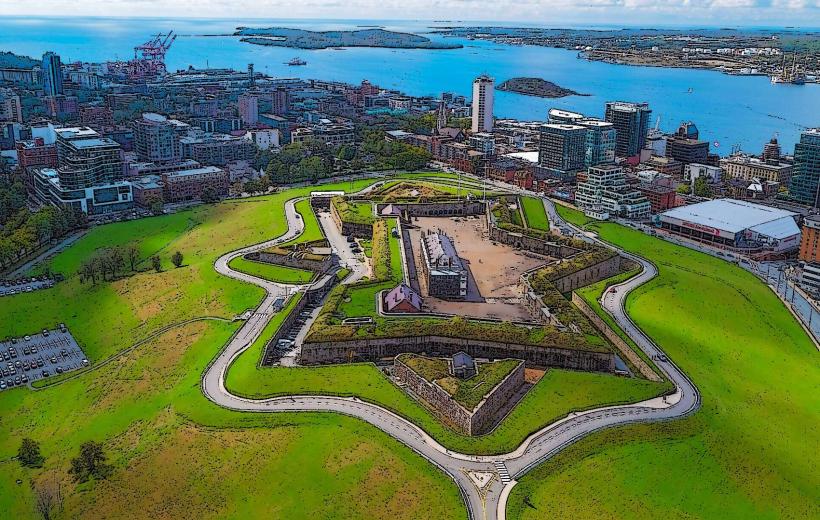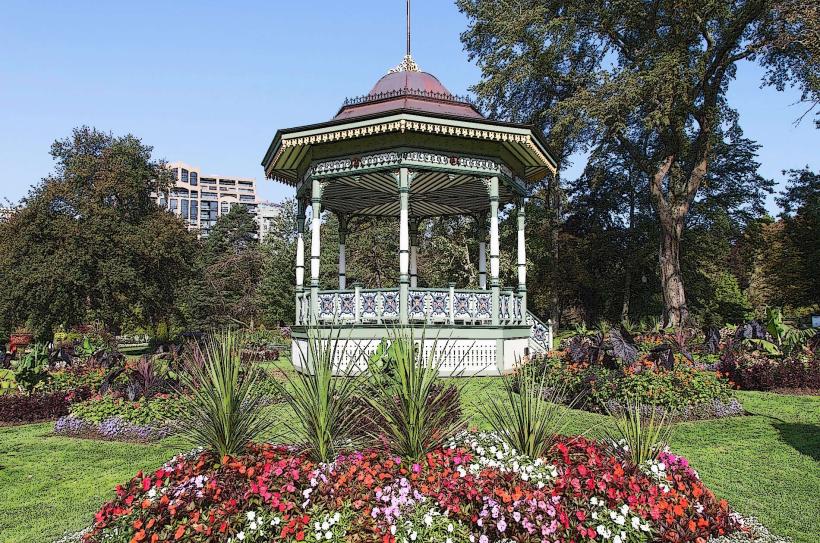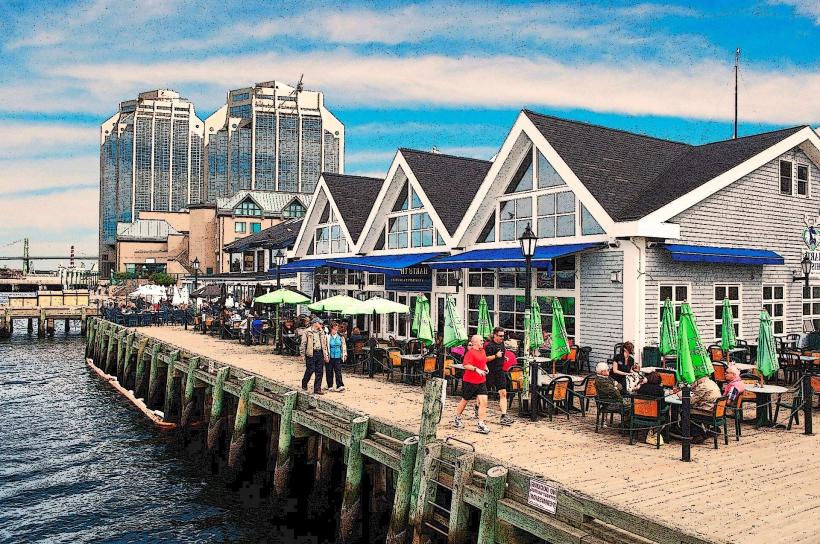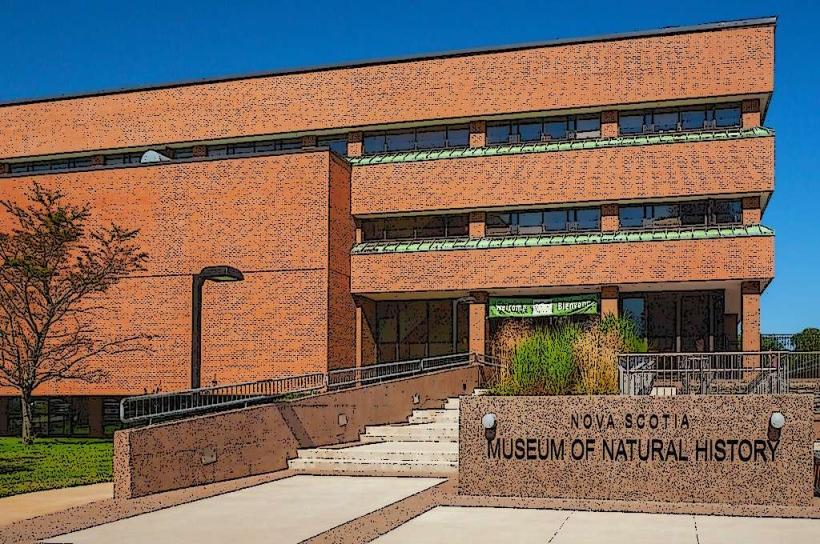Information
Landmark: Dalhousie UniversityCity: Halifax
Country: Canada
Continent: North America
Dalhousie University, Halifax, Canada, North America
Dalhousie University is a public research university located in Halifax, Nova Scotia, Canada. It is one of Canada's oldest and most comprehensive universities.
Visual Characteristics
The university campus comprises a mix of historic and modern architecture. Older buildings, such as the Arts Building and the Killam Memorial Library, are constructed primarily from sandstone and feature Gothic Revival and Brutalist styles, respectively. Newer structures, like the Collaborative Health Education Gateway, utilize contemporary materials such as glass and steel. The campus is characterized by green spaces, including the Studley Quad, a central lawn area.
Location & Access Logistics
Dalhousie University's main campus, Studley Campus, is situated approximately 2.5 kilometers west of downtown Halifax. Access is primarily via University Avenue and Robie Street. Parking is available in several paid lots and garages, including the South Street Parkade and the University Avenue Parkade. Public transport options include Halifax Transit buses, with numerous routes serving the campus, such as routes 7, 9, and 10, which stop directly on or adjacent to campus.
Historical & Ecological Origin
Founded in 1818 by George Ramsay, 9th Earl of Dalhousie, the university was established with the goal of providing an accessible education to all classes of society. It was initially intended to be a non-sectarian institution. The land for the Studley Campus was acquired in the early 20th century.
Key Highlights & Activities
Visitors can explore the various academic buildings, including the historic Arts Building. The Killam Memorial Library houses extensive collections and offers study spaces. The Dalhousie Art Gallery, located within the Killam Library, exhibits contemporary and historical art. Campus tours are available for prospective students and the public.
Infrastructure & Amenities
Restrooms are available in most academic and administrative buildings. Shade is provided by trees in campus green spaces. Cell phone signal (4G/5G) is generally strong across the campus. Food services, including cafeterias and cafes, are located within various buildings, and numerous restaurants and cafes are situated along nearby streets like Spring Garden Road.
Best Time to Visit
For optimal lighting for photography of the sandstone buildings, early morning or late afternoon is recommended. The academic year, from September to April, offers the most active campus environment. Summer months (June-August) provide a quieter atmosphere with fewer students.
Facts & Legends
A notable historical oddity is that Dalhousie University was originally intended to be a college for the common people, with no tuition fees. This principle was maintained for a period before tuition was eventually introduced.
Nearby Landmarks
- Halifax Public Gardens (0.8km East)
- Saint Mary's University (1.2km South)
- Halifax Citadel National Historic Site (2.0km East)
- Maritime Museum of the Atlantic (2.8km East)
- Canadian Museum of Immigration at Pier 21 (3.0km East)



















